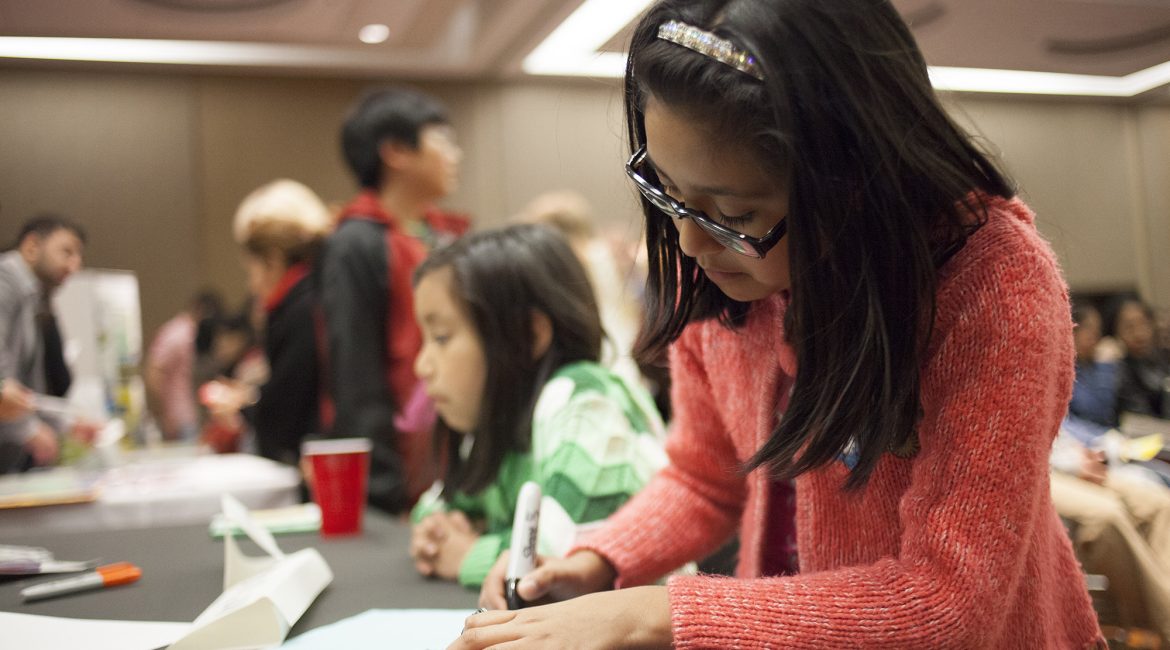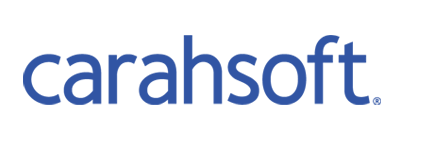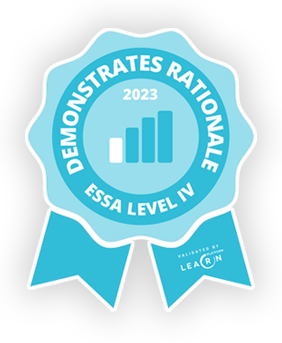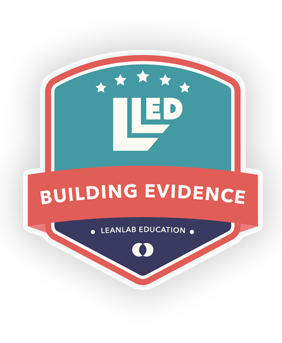Education is a dynamic field that involves constantly looking to find innovative ways to stimulate and engage students’ intellectual growth. Educational enrichment – often known as enrichment activities, enrichment classes, or enrichment programs – is an approach that plays a key role in enhancing learning experiences for students of all ages In this article we’ll delve into what constitutes educational enrichment, discuss its importance, and share how it can be incorporated into academic settings.
Why Does Educational Enrichment Matter?
As suggested, educational enrichment aims to enrich an already quality education. It goes beyond the standard school curriculum framework with the intent of providing additional learning opportunities for students, plus personal development, and skill enhancement. The following reasons underline why enrichment strategies should be implemented:
- Enabling Enhanced Learning Opportunities: By broadening students’ knowledge horizons while stimulating their curiosity levels, educational enrichment empowers students to explore subjects of interest more intensively. It fosters creativity, critical thinking, and problem-solving—all necessary abilities for success in today’s complicated world.
- Engagement: Whether in school or extracurricular settings, enrichment activities for children make learning enjoyable and thrilling. Higher levels of engagement have the potential to boost motivation, attendance, and general academic achievement.
- Accommodating Diverse Learning Styles: Every student has unique ways of grasping concepts, therefore, offering diverse teaching methods ensures individualized learning experiences.
- Future Planning: Real-world exposure via enrichment programs can help students identify their passions. These encounters can inspire lifetime learning and better career decisions.
Programs for Educational Enrichment in Schools
The centers of educational enrichment are schools with the goal of enrichment programs to offer students a comprehensive and well-rounded, holistic education. These enrichment programs often take place during or after school hours and in many different forms like extra-curricular activities or special enrichment classes.
- Enrichment Classes: Enrichment classes tend to be optional courses or workshops focused on specific topics or skills not covered in standard curriculum. These classes can range from creative arts and sciences to robotics and coding. Give students the chance to explore their interests, learn new skills, and interact with like-minded students through enrichment classes.
- Extracurricular Activities: Activities including clubs, competitions, and tournaments typically are held outside of the classroom to encourage personal and social development. Along with academic progress, extracurricular activities enhance leadership, teamwork, and problem-solving abilities. A chess club, for instance, can be a great enrichment activity that fosters friendship among members while honing strategic thinking.
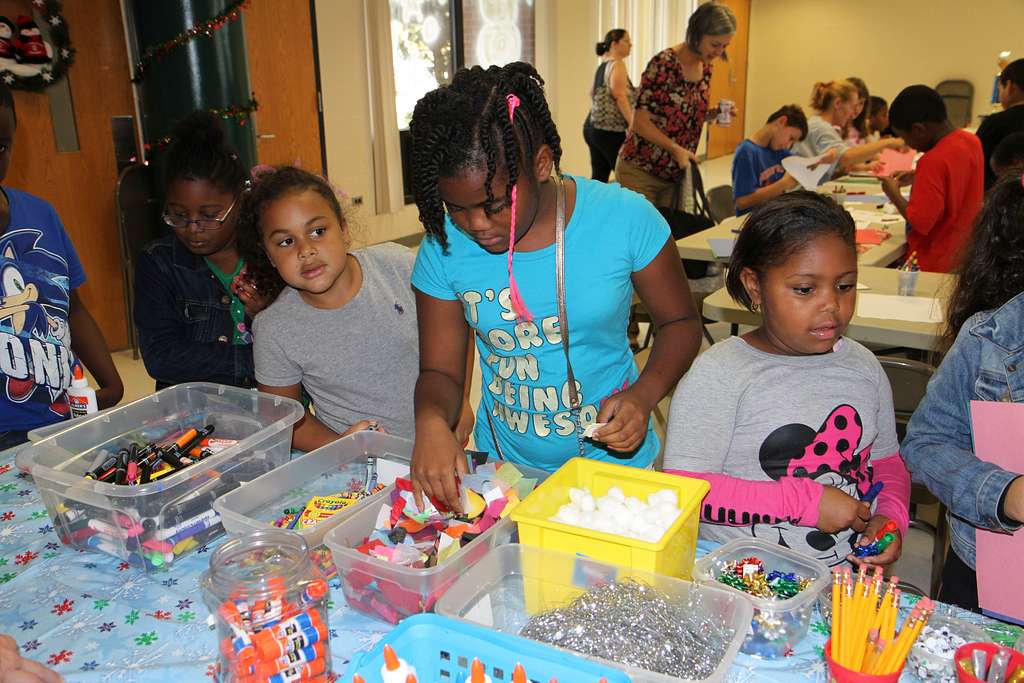
Academic Enrichment Activities to Engage Students
Participating in academic enrichment activities is essential for students’ overall educational experience and intellectual growth. The following list of academic enrichment activities can assist students in developing into more engaged and eager learners:
- Science Labs and Experiments: Science labs and experiments promote experiential learning. These hands-on learning opportunities can improve students’ comprehension of scientific ideas and cultivate a passion for the field. Science laboratory activities and experiments are usually introduced at different educational stages, beginning from primary school. They subsequently become more intricate as students advance through junior high and senior high schools.
- Math Competitions: To test students’ aptitude for mathematics and problem-solving techniques, hold math competitions or math clubs. Peer competitions can be enjoyable and motivating. Math competitions can start at the primary school stage, and continue further into secondary and high school levels. More complex contests are available for more mature learners.
- Reading Challenges: Start book clubs or reading challenges so that students can discuss their favorite books and delve into a variety of genres. Reading enhances language and comprehension abilities. Book clubs and reading competitions can be adapted to accommodate all educational stages, ensuring that the chosen books and subsequent conversations are suitable for each age group.
- Debates and Public Speaking: By planning debates and public speaking events, you can encourage critical thinking and effective communication. Students are encouraged to investigate, evaluate, and present their ideas as a result. Debates and public speaking can commence in the later years of primary school, persisting throughout secondary education.
- Computer Programming and Coding: Provide clubs or classes in these subjects. Coding abilities are extremely valuable in the modern digital world, as students can make their own websites and applications. Instruction in coding and programming can begin at the primary school stage and then advanced progressively through secondary and high school levels.
- Workshops on Creative Writing: Workshops on creative writing foster creativity. Students can develop their writing abilities and creativity by producing essays, poems, and stories. Workshops focused on creative writing can be adapted to cater to all educational stages, incorporating suitable literary exercises and styles that align with the age group.
- Workshops for Art and Craft: Take a look at the arts through these workshops. Students can express themselves visually and develop their fine motor and creative skills. Workshops focused on arts and crafts can commence at the elementary level, progressing through to middle school and high school. As students mature, they can undertake more sophisticated projects.
- STEM (science, technology, engineering, and math) Challenges: Practical tasks help students improve problem-solving abilities and help encourage creativity. The implementation of STEM tasks can occur at different educational stages, with the complexity of these assignments escalating as students progress.
- Model United Nations (MUN): MUN conferences and clubs help students understand global issues facing the world, and helps them hone in on their public speaking and international diplomacy-related soft-skills. The level of global subject matter discussed in Model UN activities tends to make them most appropriate for students at the middle and high school levels.
- Field Trips: Take your students on instructive outdoor field trips to historical sites, museums, nature preserves, or cultural events. Field trips offer hands-on learning opportunities and can pique interest. Educational excursions can be arranged for students of all ages, tailoring the places visited and educational goals to suit their developmental stage.
- Language Clubs: Create language clubs for students who want to practice their language skills or pick up a new language. These groups foster communication skills and cultural awareness. Language clubs can begin during the middle or high school years, at a time when students have developed proficiency in their mother tongue and exhibit an inclination towards mastering other languages.
- Peer tutoring programs: Encourage older students to serve as role models for younger classmates. This helps the students who are receiving assistance as well as solidifying the tutors’ expertise. Peer tutoring programs can begin during middle school and persist all the way through high school.
- Community Service or Volunteering: Encourage societal contribution while applying academic knowledge to real-life problems. Students across all academic stages have the opportunity to engage in community outreach or volunteer work, assigned tasks and projects that are suitable for their respective ages.
- Critical Thinking Games: Include board games, puzzles, and critical thinking challenges in the curriculum to improve students’ problem-solving and logical reasoning skills. Games that foster critical thinking can be implemented as early as elementary school, and progressively more complex versions of these games can be introduced throughout middle and high school.
- Workshops and Guest Speakers: Ask professionals in a range of fields to share their knowledge and perspectives. Particularly helpful are workshops on subjects like career planning and financial literacy, and are better suited for middle and high school students as they can greatly benefit from seminars and guest lectures on these subjects.
- Science Fairs: Organize science fairs or exhibitions to provide a platform for students to present their experiments and research. This promotes scientific investigation and communication abilities. Science fairs can occur in primary schools, extending through secondary and senior high school levels, with progressively intricate research projects being allocated to older students.
- Online Learning Platforms: To enhance classroom instruction, make use of online learning platforms and resources. These platforms provide educational games and interactive lessons. Online learning platforms can be implemented across diverse educational levels, offering content suitable for different age groups and engaging instructional materials.
- Student-Led Projects: To empower students to take charge of their education and encourage them to design and oversee academic projects that are based on their passions and areas of interest. Promoting student-driven initiatives is viable across all academic stages, with the necessary supervision and intricacy tailored to match their development.
- Mock Trials and Simulations: Run historical, business, or mock trials. These exercises enhance critical thinking abilities and offer a more profound comprehension of actual situations. Due to their intricate nature and demand for analytical thought, mock trials and simulations are generally appropriate for secondary school students.
- Programs for Career Exploration: Put in place initiatives that introduce students to a range of career options and assist them in making well-informed decisions regarding their future. Programs for career exploration can be initiated during middle school and sustained throughout high school, assisting students in making educated choices regarding their future.
Benefits of Enrichment in School and Who Gains From It
Educational enrichment benefits can vary across student types from high-performing individuals to those struggling with traditional teaching methods.
- Academically Advanced Students: Enrichment programs help prevent boredom among these students and help ensure they realize their full potential. These students could take part in challenging coursework, such as advanced science or math, therefore ensuring they reach their full potential.
- Students with Diverse Interests: Enrichment programs allow students to explore passion-related subjects not covered under standard curriculums. This often involves creative art activities such as painting, music, and theater. These activities promote creativity and self-expression.
- Students Who Struggle: By offering extra assistance and different teaching strategies, enrichment programs can also help students who struggle academically catch up with their peers.
- Social and Emotional Development Promotion: Cooperation, leadership qualities, and resilience are developed through participation in these enrichment activities.
- Future Success Preparation: One of the most important aspects of preparing students for the future is educational enrichment. Enrichment program experiences have the power to shape career decisions and foster a passion for learning that lasts a lifetime. Inspire students for a career in STEM or entrepreneurship through exposure to practical applications in initiatives such as robotics or entrepreneurial clubs.
School enrichment programs assist a broad spectrum of students by equipping them with the necessary tools for academic achievement, cultivating their interests, overcoming challenges, developing essential life skills, and starting a life-long journey towards personal development and career development.
Challenges and Considerations
While there are many benefits associated with educational enrichment, there are certain complexities which should not be overlooked:
- Equality: Prevent disparities in educational outcomes to ensure that all students have equal access to enrichment programs. Every student deserves equitable access to education regardless of their financial situation.
- Balancing Act: It can be difficult to find the ideal ratio between enrichment activities and the traditional curriculum. In addition to providing a solid foundation in core subjects, schools must make sure that students have access to enrichment opportunities.
- Resources: The ability to implement enrichment programs successfully may be hampered by a lack of funding or resources. To offer a wide range of activities, schools might need to look for grants or partnerships.
- Evaluation: Evaluating the effects of enrichment programs can be difficult since their advantages aren’t always easily measured by looking at test results. Necessitate more comprehensive evaluation methods that consider overall student development alongside growth metrics.
In conclusion, a vital and key aspect in defining modern-day education includes educational enrichment. Enrichment classes, co-curricular activities, and after-school programs prove advantageous when catering to a diverse cohort of students, irrespective of skill level, while encouraging and promoting active participation and holistic personality development. With educational enrichment, we can enable well-rounded individuals ready for success in a world that is changing quickly by fostering their interests, abilities, and talents.

